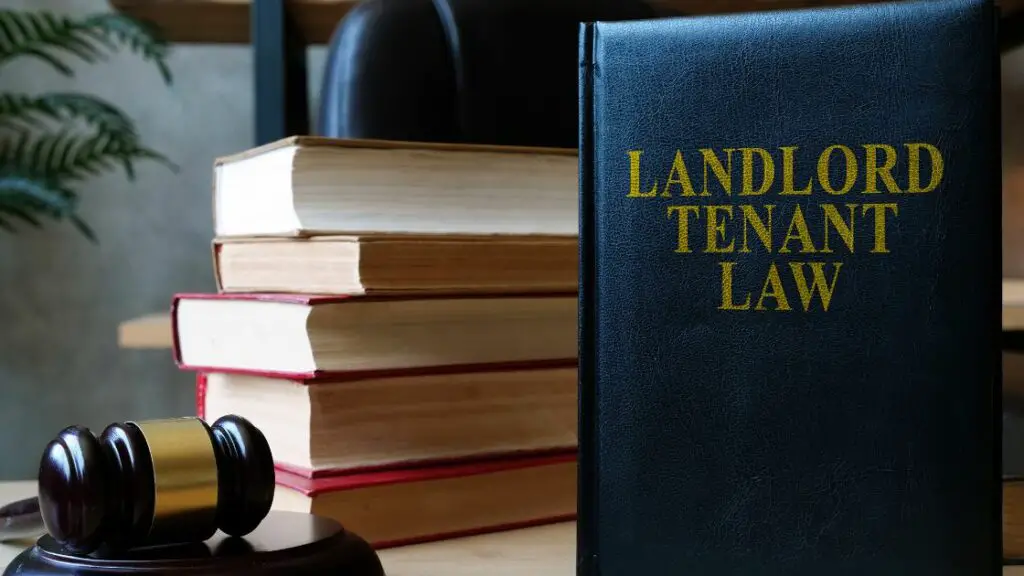In the complex world of property rentals, boundaries between landlords and tenants must be well-defined to ensure harmonious relationships.
One recurring question in this realm is: Can a landlord have a spare key to a property? Understanding the balance between a landlord’s right to maintain their property and a tenant’s right to privacy can help clarify this matter.
The short answer is yes, a landlord can hold a spare key to a rental property. However, this allowance comes with strings attached in the form of restrictions and responsibilities, largely depending on the local laws and regulations of a given area.
We’ll cover the key legal principles involved and discuss the landlord’s need to have emergency access should be balanced against the tenant’s right to privacy and quiet enjoyment of their rental home.
Let’s get into it!
The information contained in this post is for informational purposes only. It is not legal advice. You should seek the advice of a qualified legal professional before making any decisions relating to the topics covered by this article.
We may earn commissions from products and services that are purchased or recommended through our website as part of our affiliate partnerships. As an Amazon affiliate, we may earn from qualifying purchases.
Why Do Landlords Need a Spare Key?
Landlords often hold spare keys as a safety measure, enabling them to gain entry in case of emergencies, for maintenance, or inspections that are allowed under the rental agreement.
This is especially important when dealing with urgent situations like a fire, gas leak, or severe water leak that can threaten the safety of the tenant and the integrity of the property.
The Tenant’s Right to Privacy

However, the landlord’s right to possess a spare key does not equate to an unrestrained right to enter the property.
Tenants have the right to quiet enjoyment of their rented space, a legal concept that protects their privacy and peace. Without the tenant’s consent or without an emergency, landlords cannot freely enter the property. Violating this right could lead to legal repercussions for the landlord.
Reasonable Notice is Generally Required Before Entry
To prevent potential misuse of this access, many jurisdictions have enacted laws stipulating when and why a landlord can enter a rental property.
Generally, landlords must provide a reasonable notice—often 24 to 48 hours—before entering the property for non-emergency reasons such as repairs or inspections. “Reasonable hours,” typically defined as normal business hours, are also often specified for such visits.
Striking the Right Balance
To illustrate this delicate balance, consider the following scenario.
Imagine a pipe bursts in your rental property while you’re away on vacation. Your landlord has a spare key, so they can swiftly intervene to stop the water leak, minimizing damage and potentially saving you from coming home to a flooded house. In this instance, the landlord’s possession of a spare key is clearly beneficial.
However, suppose instead that the landlord routinely uses their key to enter your home without notice, disrupting your peace and invading your privacy. In this scenario, the landlord’s possession of a spare key crosses boundaries and infringes on your rights as a tenant.
Transparency between landlords and tenants is crucial in navigating the use of a spare key. The terms and conditions about property access should be clearly outlined in the lease agreement.
This can include details about when and why a landlord might use their key, as well as the notice a tenant can expect before a landlord’s visit. Having these terms in writing can help prevent misunderstandings and disputes.
Conclusion
In conclusion, a landlord can hold a spare key to their rental property, but they must respect the tenant’s rights and local regulations surrounding its use.
The key should be used responsibly and primarily for safety and maintenance purposes. To protect both parties, a clear, written agreement regarding property access should be a staple of any rental agreement.
Remember, the goal is to strike a balance that respects the rights and needs of both landlords and tenants. Property management is more than a business relationship; it is a partnership built on trust and respect.